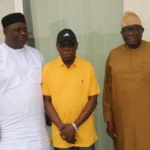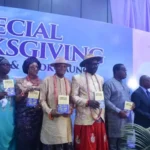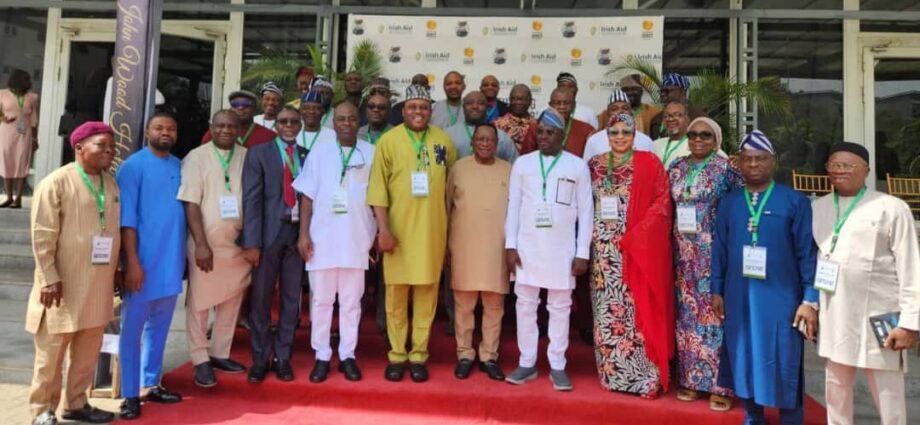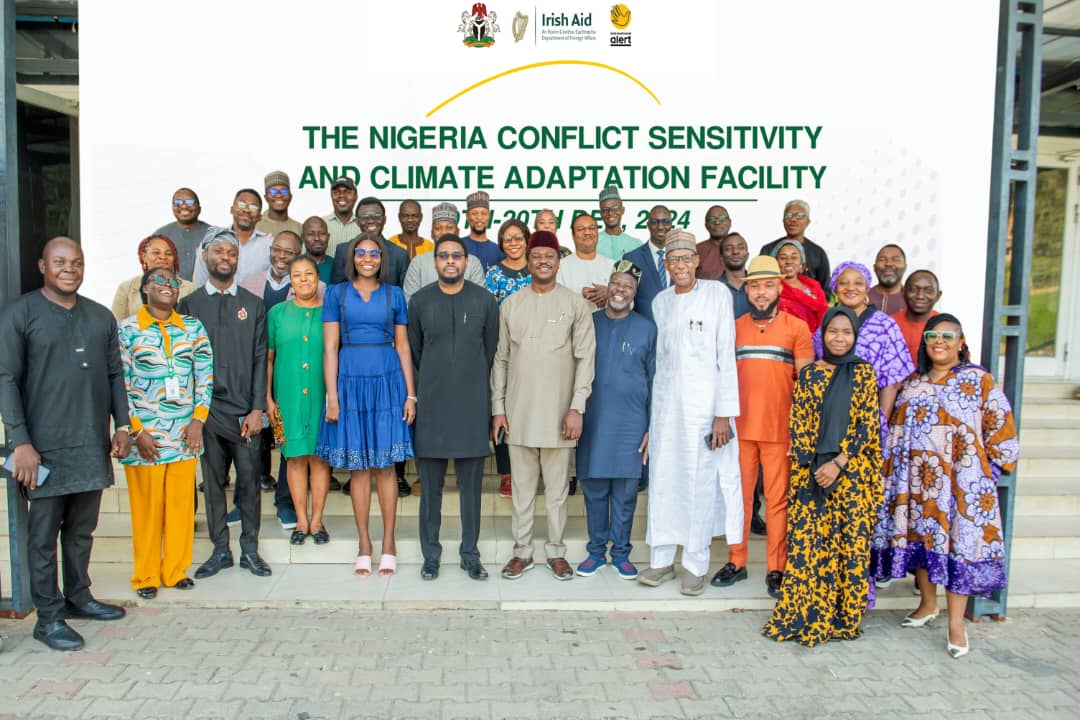Benue Council, NGO partner to train lawmakers on climate change governance
By Angela Atabo International Alert, in collaboration with Benue State Government, has trained the lawmakers in the state to enhance their understanding on climate change governance. Gov. Hyacinth Alia of Benue said this while declaring open a One-Day Training and Sensitisation on Climate Chnage for Members of Benue House of AssemblyContinue Reading















